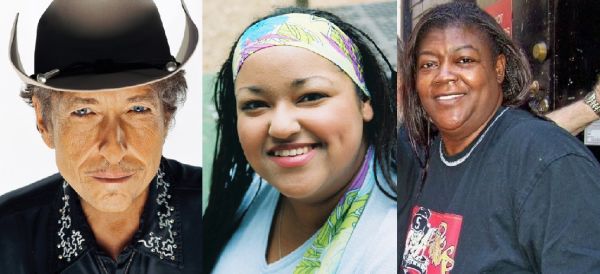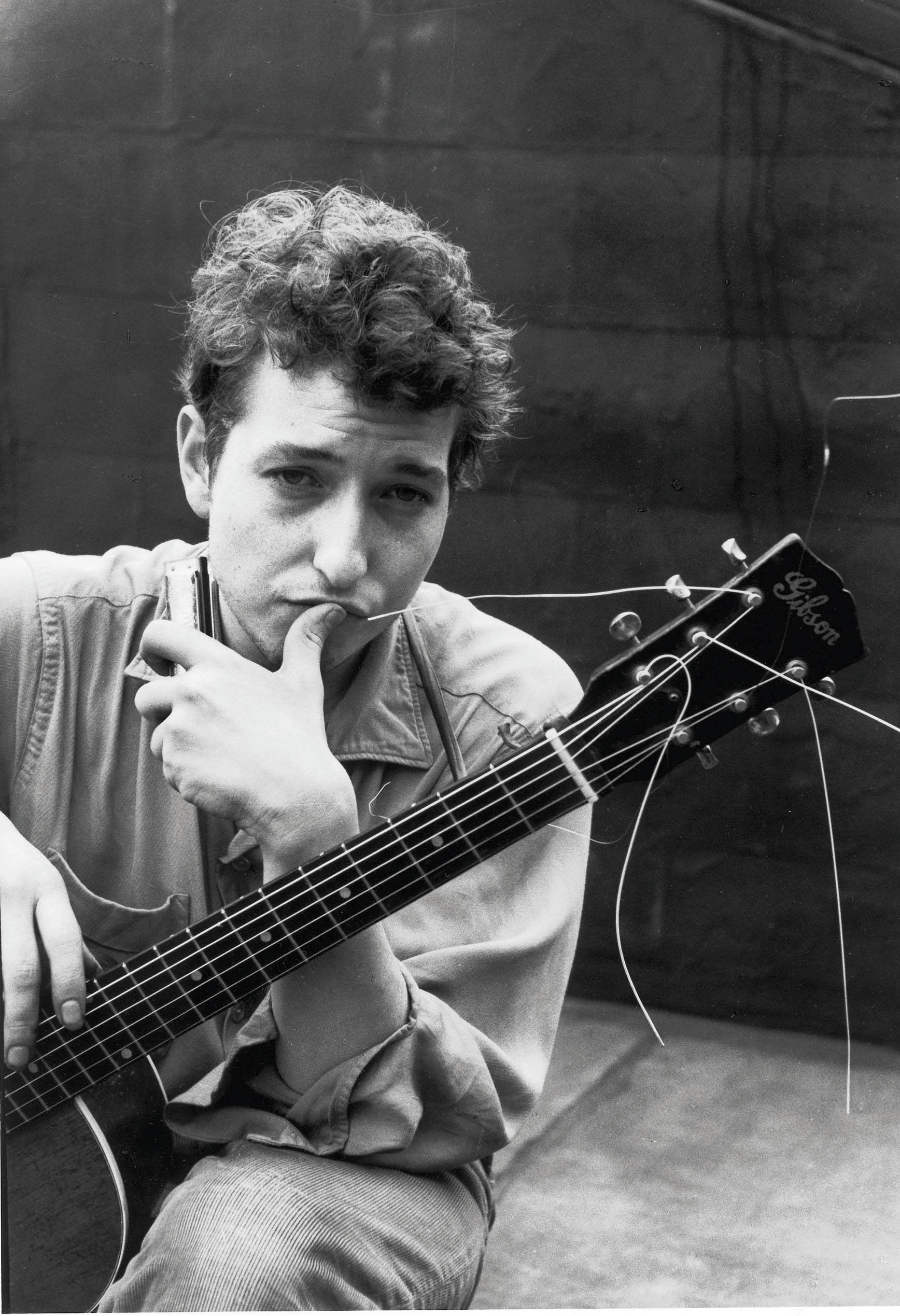
The darker side of Bob Dylan
How the songwriter’s duplicitous behaviour and his visionary music were bound together
On 22 May 1966, the day after a fractious show in Newcastle, Bob Dylan flew into Paris for a concert at the Olympia Music Hall on his 25th birthday, two days later. At Le Bourget airport, he was accosted by some young Parisians. Dylan could be playful, even skittish with his fans, but when he was asked whether he thought he’d find it hard to transcend the language barrier, Dylan snapped, “What do I care? We don’t play English music or French music or Russian music. We play American music.”
This ill temper continued at the official press conference the next afternoon, held in the basement of the George V hotel. Dylan had brought his own double – a ventriloquist’s puppet found in a Parisian flea market. The photographer Barry Feinstein was on hand to watch the circus: “Every time one of the journalists asked him a question, he put his ear to the puppet’s mouth and pretended to listen to the answer. Then he would tell the press. It drove them nuts.”
By 1966, Bob Dylan had become a mass media event. He insisted on accuracy and engagement in his interactions with the press, but many of the reporters present were either news journalists or writers still stuck in the protest period that he had long left behind. Irritated beyond measure, Dylan turned to his interpreter in Paris and said, “I don’t mind them asking questions about anything, but I mind them asking questions about my music, because they don’t know anything about my music.”


Leave a Reply